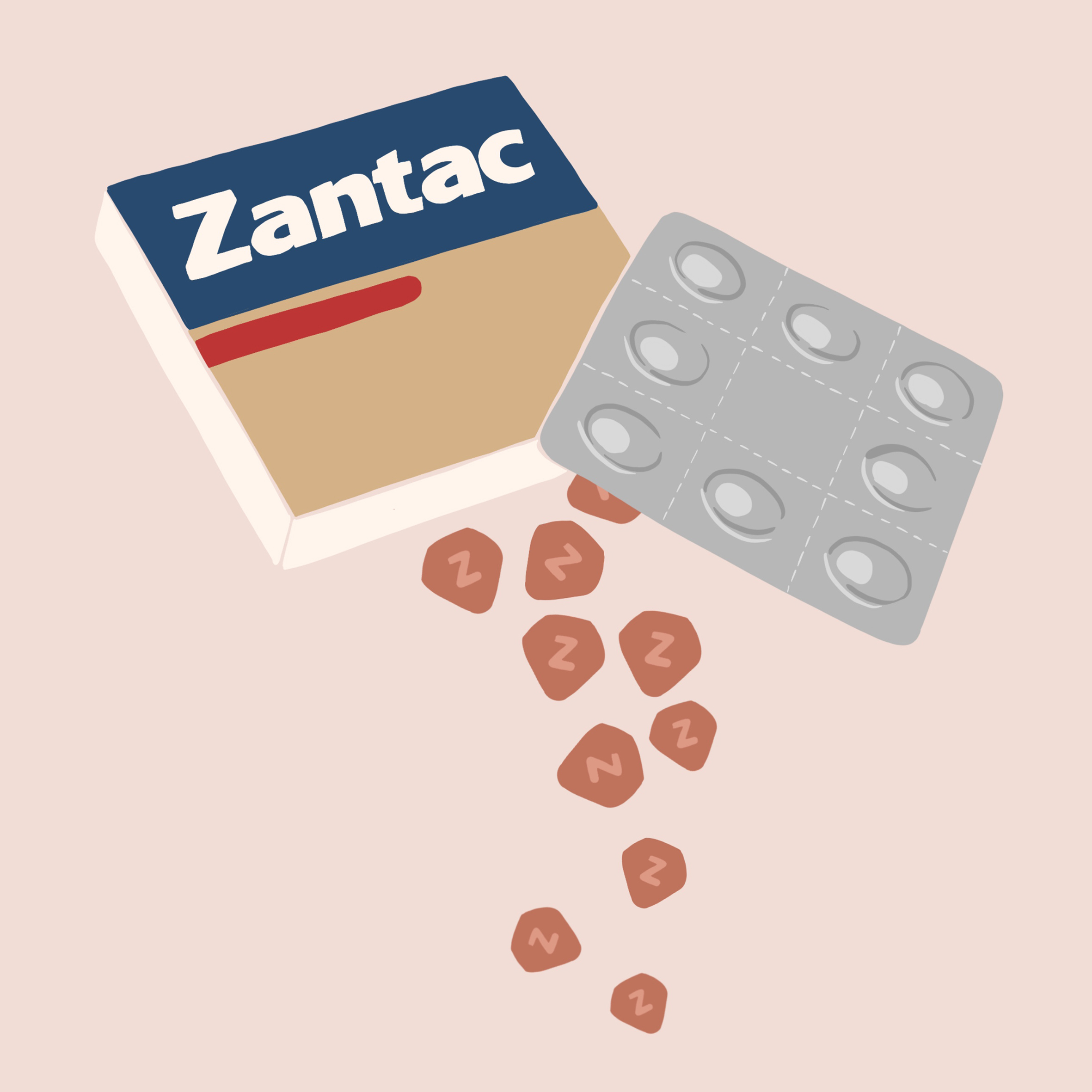The federal judge in Florida presiding over Zantac multidistrict litigation (MDL) has denied requests by former manufacturers of the discontinued heartburn drug to dismiss a class action over the drug’s marketing and the severe health problems it has allegedly caused in tens of thousands of plaintiffs.
Judge Robin Rosenberg ruled on Oct. 8 that Zantac makers, GlaxoSmithKline, Sanofi, Pfizer and Boehringer Ingelheim, are to face lawsuits filed by individuals who were formerly prescribed Zantac and are seeking compensation for future medical monitoring of cancer and for their financial losses, FiercePharma reported.
In April 2020, the US Food & Drug Administration (FDA) ordered that branded Zantac and generic versions be removed from the market after laboratory testing revealed that ranitidine, the medication’s synthetic active compound, was found to chemically decay at room temperatures, creating unacceptable amounts of a carcinogenic byproduct, NDMA (N-Nitrosodimethylamine).
In July, generic Zantac makers escaped class action litigation when Judge Rosenberg ruled that all the claims made against unbranded makers were preempted by federal drug labeling laws.
To date, plaintiffs’ attorneys claim that over 100,000 people who took Zantac now have cancer, according to FiercePharma.
A 2019 USA Today report said that “Zantac was prescribed more than 15 million times a year with little worry about the safety of the medication, available for decades.” Testing of over-the-counter alternatives to Zantac, including Pepcid, Tagamet, Nexium, Prevacid and Prilosec found no NDMA, USA Today added.
Exposure to NDMA has been associated with several types of cancers. The FDA was first alerted to the risk of NDMA contamination in Zantac by Valisure, an independent online pharmacy that also conducts laboratory testing of pharmaceuticals. Valisure told the FDA that medical studies dating back to the early 1980s demonstrated an association between ranitidine and cancer.
Two popular high blood pressure-lowering drugs, valsartan and losartan, were recalled in 2018 because of NDMA contamination.
